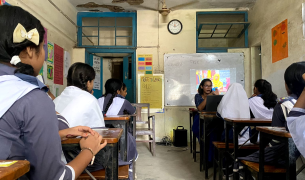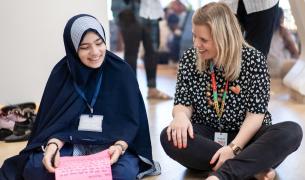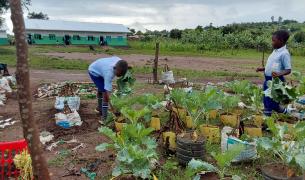Pursuing My Dream: Combatting Structural Racism in Brazil Through Education
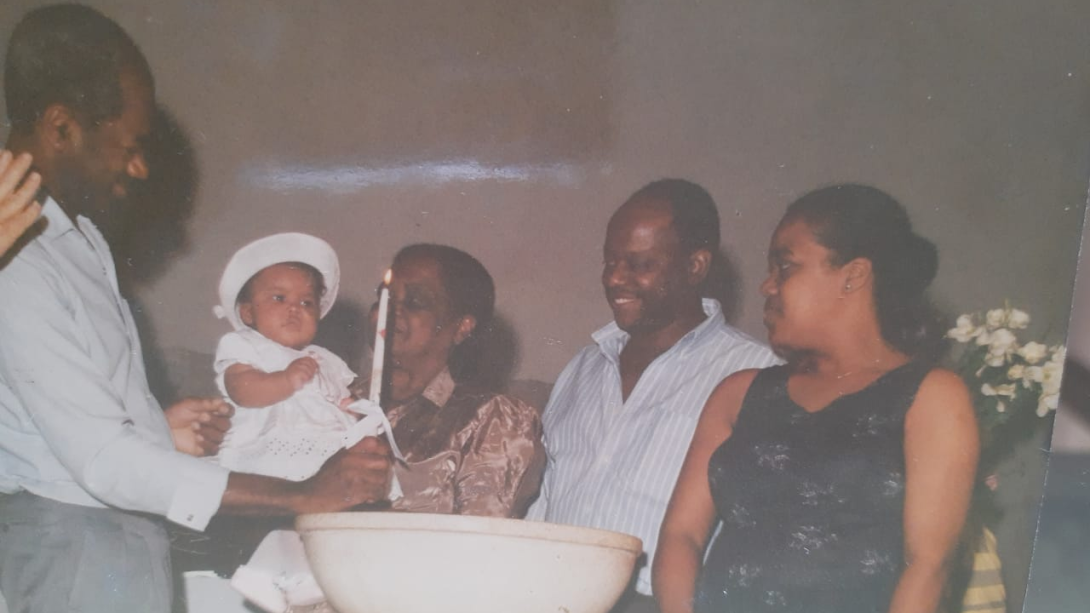
Leia esta historia em portugues
Fifty years ago, even before I was born, my future was completely transformed when my parents decided not to accept the future of poverty, social exclusion, and racial discrimination reserved for black Brazilians descended from enslaved Africans.
My father and mother are from Minas Gerais, one of the Brazilian states most marked by the 400 years of black slavery that underpinned the foundation of the societal structure we have in Brazil today. This slave heritage is very close to me: my grandfather was born and grew up enslaved, even decades after the "abolition of slavery"—which only really happened in history books.
A pencil, a notebook, and dreams—these were the tools my parents found to fight against the marginalization imposed on the more than 56% of black people in Brazil. Both of them children of illiterate parents, they worked hard and became the first in their families to gain access to higher education: a mechanic since the age of 10, my father became a lawyer; a housekeeper since the age of 12, my mother became a teacher.
Even with this supernatural effort, social mobility in Brazil is almost a utopia. Despite my parents’ struggle, I was born and grew up in the most violent neighborhood in Brazil in the 90s, where I would say that almost all families survived (and still survive) without access to the basics: food, healthcare, transportation, leisure, and education.
The access to education that my parents were able to offer me changed my story. It gave me the opportunity to study in the best public university in Brazil, to go on exchange programs, to travel the world, and to have the dignity of choice: I could choose my path, my future... I could have the freedom to dream.
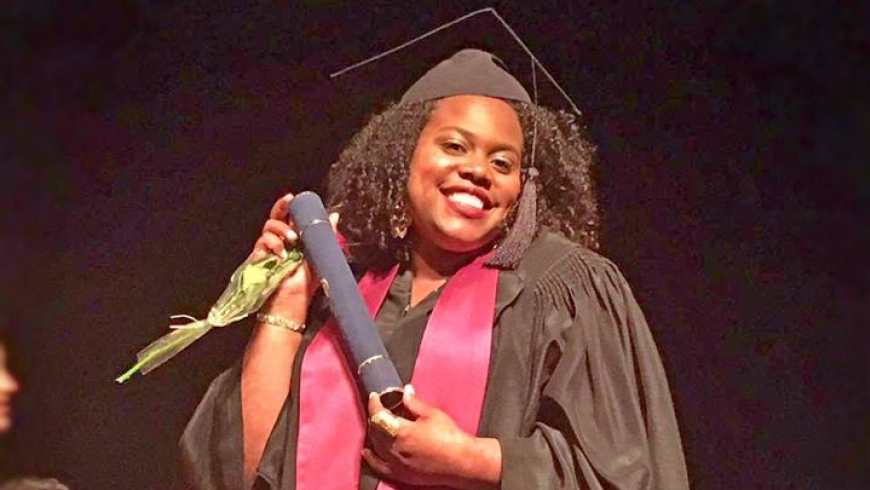
Since I became aware that the racist structure of Brazilian society—the result of the forced and extremely violent enslavement of thousands of citizens from African countries 521 years ago—is the main pillar that continues to deny young black people the right to dream, my biggest dream has been to enable more and more black Brazilians to have this opportunity! One of the ways in which I have been pursuing this dream is by working at Ensina Brasil, creating opportunities for thousands of black children through education. I’ve worked here for four years, and I couldn't be happier: education has transformed my path, and every day the product of my work is ensuring access to education for other children.
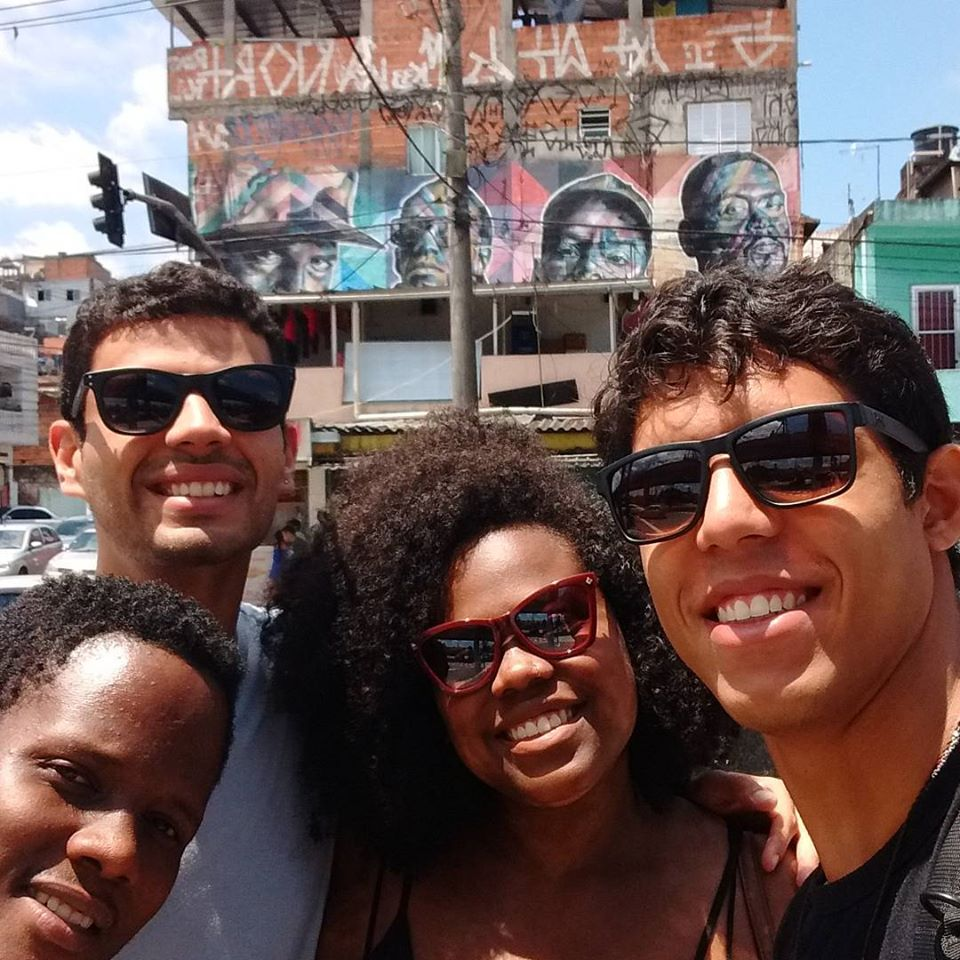
I love to learn about and discuss diversity and inclusion, and I’m continuously involved in activities, workshops, and other learning experiences about this topic. Last year I founded a racial affinity group at Ensina Brasil, Pretas do Ensina (Black Women of Ensina), an association of Ensina's employees engaged in the anti-racist struggle. Our first project was the 2020 Anti-racist Challenge—a series of actions aimed at learning and developing anti-racist actions in practice, which engaged 95% of the Ensina Brasil team in initiatives such as debates, classes, consumption of black culture, and racial literacy. The idea for 2021 is to expand Pretas do Ensina’s initiatives, including training for our teachers and extending the impact of our network.
Our vision here at Ensina Brasil is that "One day, all children will have a quality education." I add to that vision my individual dream: "One day, all black Brazilians will be free from the bonds of structural racism to nurture and realize their own dreams." The road is long, the challenge is great, and what makes me happy is that we are moving toward this dream together!
